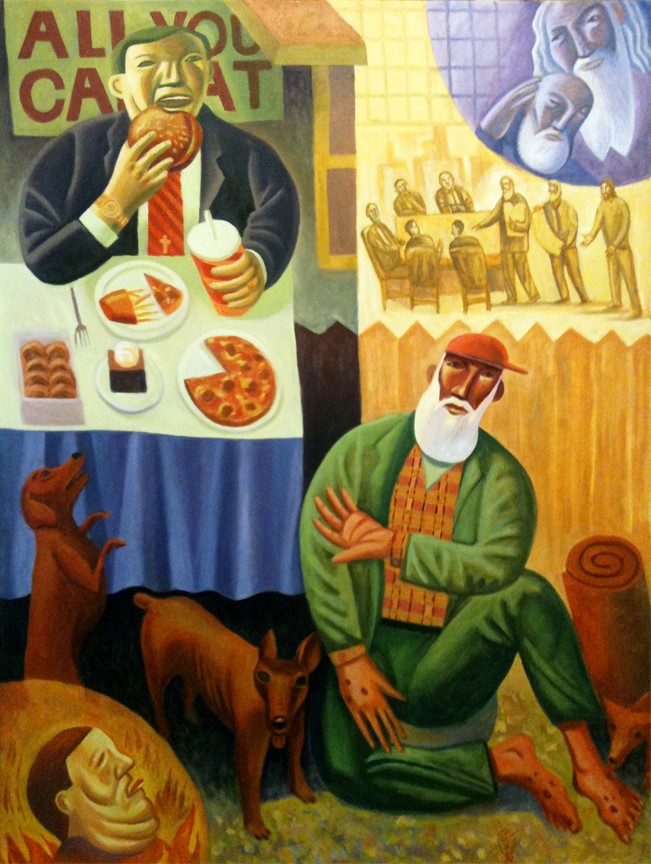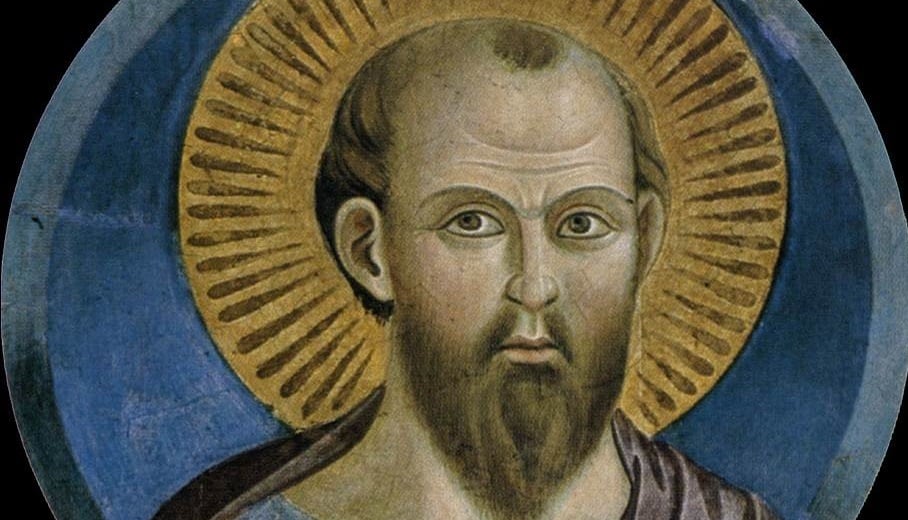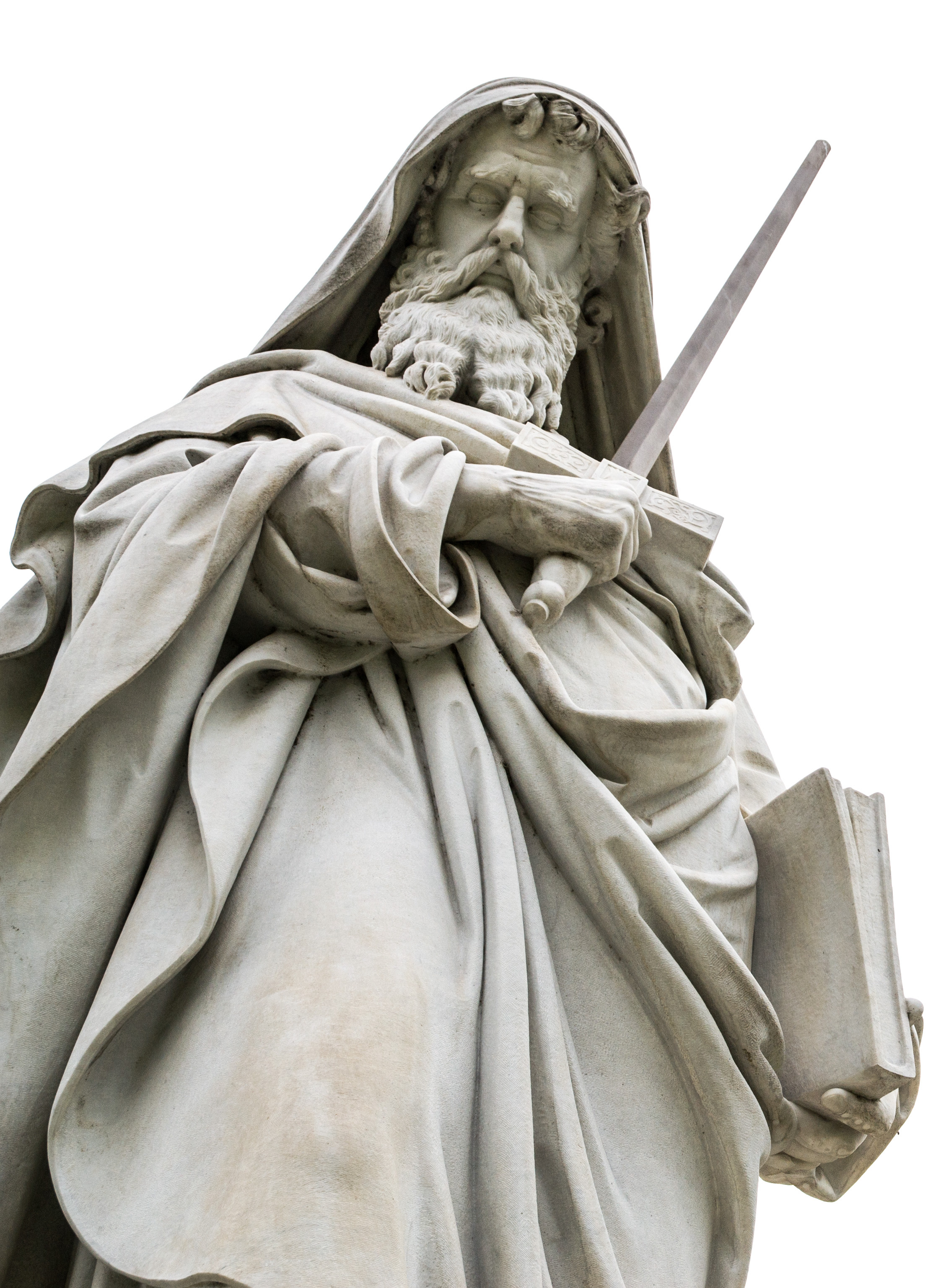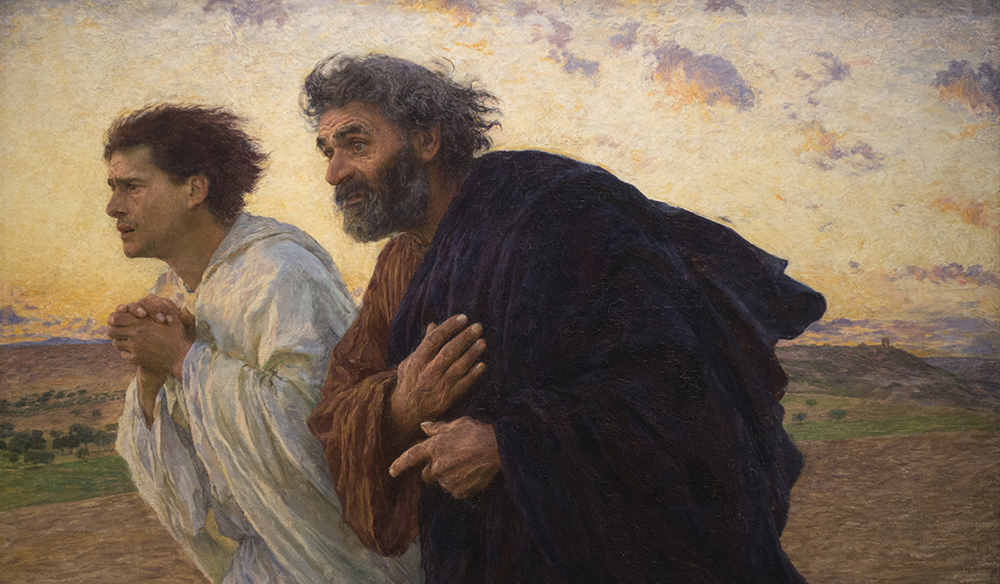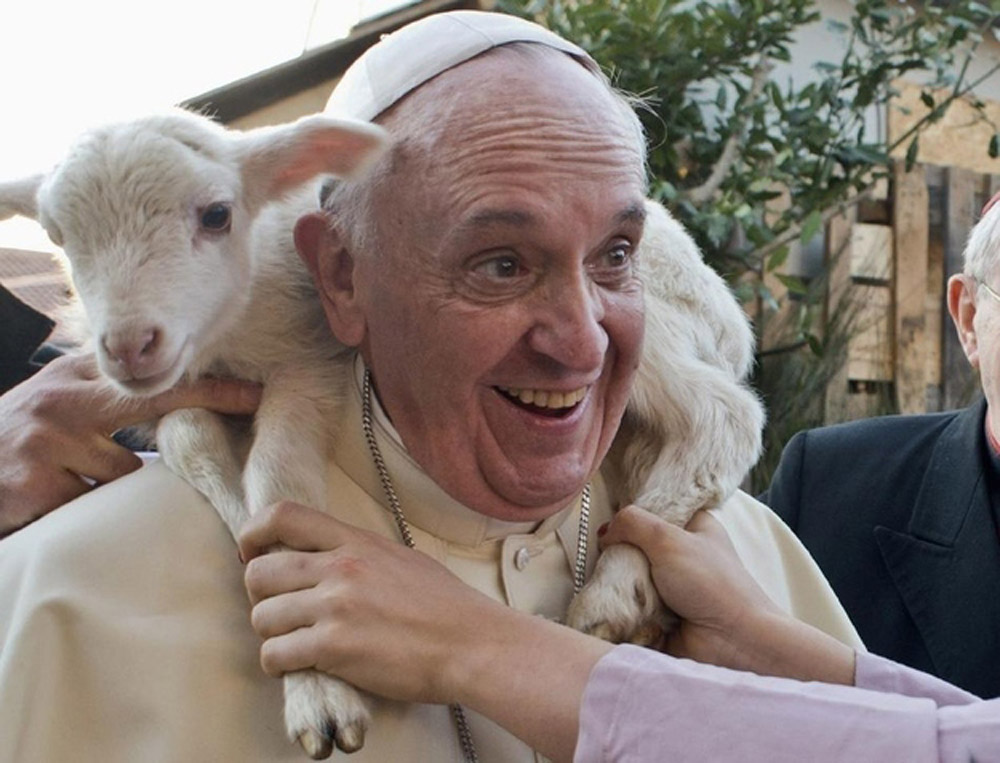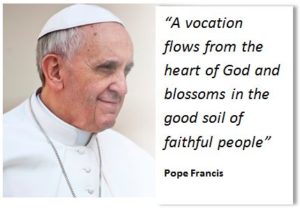September 2019
Dear Graduates of Kellenberg, Chaminade, and St. Martin de Porres Marianist School,
You may have seen a recent Pew survey which reported that only one-third of Catholics living in our country believe in the Real Presence of the Eucharist. For Catholics under the age of 40, a full 80% think the Eucharist is just a symbol of Jesus — that the bread and wine do not really and truly become the Body and Blood of Christ at Mass. Rather, many claim that the Eucharist is a symbol of Jesus’ love,reminding us of His call to be nice to one another.
As a member of that under-40 group, I was pretty upset to learn that so many of us have failed to recognize Our Lord present to us in the Blessed Sacrament. After all, if it’s just a symbol, why bothergoing to Mass?
I’ll admit that the Real Presence is not an easy doctrine to accept. Even Our Lord’s first discipleswere ruffled by His teaching on the Eucharist. In chapter 6 of St. John’s Gospel, we hear Jesus tell the crowds, “I am the living bread which came down from heaven; whoever eats this bread will live forever.” But the crowds grumbled against Him, saying, “How can this man give us his flesh to eat?”(6: 51-52) Personally, I think the crowds make a good point. Like those first disciples, we might betempted to think, “Jesus is telling us that the bread and wine we share are symbols; they help us to be mindful of His teachings and to care for one another.”
Scripture, however, clearly rejects this interpretation. In the Gospel of St. John, Our Lord immediately doubles-down on this teaching, saying, “Amen, Amen, I say to you, unless you eat my flesh and drink my blood, you will not have life within you.” (6: 53) Jesus was not talking aboutsymbols and kind remembrances, and the crowds understood that too because they said, “This teaching is hard; who can accept it?” And then we read one of the most devastating lines in all of Scripture: “Asa result of this, many of his disciples returned to their former way of life and no longer accompaniedHim.” (6: 66)
Today, we find ourselves in a position not too different from the one Jesus encountered in His own day. Many Catholics “no longer accompany” Jesus by attending Mass on Sunday, so it is no surprise that so many of us find the teaching on the Real Presence difficult to believe. Since so many of us fail to live the Mystery each week, we fail to understand that Mystery.
Maybe it is the case, however, that you do attend Mass every week, and you still find yourself questioning whether that piece of bread on the altar miraculously becomes the Creator of Heaven and Earth. I have been a Marianist now for almost four years, and these past few weeks I have found myself marveling even more at the sheer incomprehensibility of that claim.
On Saturday, August 17, the Brothers celebrated with great joy the Priestly Ordination of Fr. Peter Heiskell, S.M. After more than 30 years as a Marianist, Fr. Peter heard the Lord calling him to serve the Brothers and our students as a priest, and following three years of studying in Rome, he has returned to our Community to begin his new ministry. Fr. Peter was one of the first Marianists that I met when I had him for Spanish during first period of my freshman year of high school, and his friendship and witness to the faith is one of the signposts that God placed on my path leading me to embrace my own vocation as a Marianist. Fr. Peter’s ordination is a beautiful gift to the Marianists and to the whole Church, but I was surprised at some of my own reactions to this grace-filled occasion.
After Fr. Peter’s first Mass on Sunday, August 18, I was thinking about how awe-inspiring a gift the Holy Eucharist really is for us. Having known Fr. Peter for 12 years now, I felt blessed to watch himelevate a simple piece of bread and say the words, “This is My Body, which will be given up for you;” and again a chalice, saying, “This is the Blood of the new and eternal covenant which will be poured outfor you . . . ” Just two days earlier, those words would have produced no effect, but now, through the grace of Jesus Christ and the power of the Sacrament of Holy Orders, Fr. Peter says those incrediblewords, and a miracle takes place. I still find myself thinking, “This teaching is hard,” but I pray for thegrace to accept it more fully.
I think too that perhaps so many of us Catholics fail to recognize Our Lord in the Blessed Sacrament because we have failed to recognize Him in one another. Given all the selfishness in the world, it is no wonder that so many of us find it difficult to see Christ with the eyes of faith necessary to recognize Him. Ours is a world so rich in material things, yet so many people are lonely and poor in spirit, and countless more are materially poor as well. Still, Christ is present in each person we encounter every day. We must pray that the Lord will help us to recognize Him in those who are poor and needy, so that we will see Him too in the Eucharist.
Of course, God calls saints in the world who wake us up to the Gospel message in our own time. For example, on Thursday, September 5, we will celebrate the feast of St. Teresa of Calcutta, a saintly woman who never failed to see the Lord with the eyes of faith in the Host and in one another.
Mother Teresa writes,
"Like Mary, let us be full of zeal to go in haste to give Jesus to others. She was full of grace when, at the Annunciation, she received Jesus. Like her, we too become full of grace every time we receive Holy Communion. It is the same Jesus whom she received and whom we receive at Mass. As soon as we receive Jesus in Holy Communion, let us go in haste to give Him to our brothers and sisters, to our poor, to the sick, to the dying, to the lepers, to the unwanted, and the unloved. By this we make Jesus present in the world today."
Mother Teresa knew that the self-sacrificial love of Jesus Christ made present to us on the altar compels us to pour ourselves out too in service to one another. The Eucharist opens our eyes to theneeds of our brothers and sisters so that Christ’s prayer that we “may all be one” might be fulfilled inour day. It is in worshiping and receiving the Body of Christ that we come to love Christ’s Body, theChurch. If I may, I would like to offer three simple practices that will help us all grow in this faith:
1. Mass — Every Mass is an encounter with Christ present to us in the Scriptures and especially in the breaking of the Bread. Be radically faithful to Sunday Mass; let your fidelity be an example to your friends and familythat Christ’s mercy is waiting for us in Holy Communion. Think about inviting them to come with you, and consider going to weekday Mass occasionally, too; you would be amazed at what it does for your prayer life.2. Adoration — Prayer is never time wasted. If you want to grow in faith and love, visit Our Lord in the Tabernacle and Adoration. Not sure what to say? Just be present and let God speak to you.
3. Service — Follow Mother Teresa’s advice. If your faith is a little shaky at times, serve God in your neighbors. Check out your school’s Campus Ministry for service opportunities. It’s a great way to meet newpeople, too.
At a sophisticated dinner party in New York City, a socialite once suggested that the Eucharist is a “such a lovely symbol.” In response, Flannery O’Connor famously retorted, “If it’s a symbol, then to hell with it!” I’m with Flannery; let our lives give witness to the world that Christ is really and truly present and alive in every Tabernacle of the world. In the fullness of His Body, Blood, Soul, and Divinity, Christ is waiting for us to offer Him our love and receive His love in the Blessed Sacrament. Be faithful to Christ in the Eucharist, and let your life be transformed by it.
I pray that as you begin this new school year, Our Lady guides and protects you. Have a great semester! I hope to see many of you over Thanksgiving and at our college-aged retreat in January.
In Christ and His Blessed Mother, and on behalf of all my Brothers,
Bro. Patrick Cahill, S.M.

